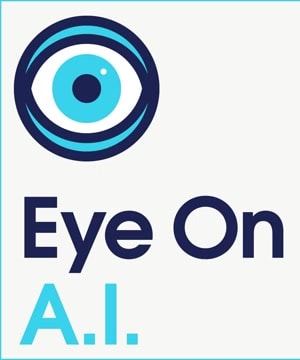What are the power centers shaping AI?
Sources:
The power centers shaping AI currently revolve around several key factors: legal systems, geopolitical dynamics, corporate technology investments, and the discourse on AI safety and ethics. Here are some insights based on recent discussions:
-
Legal and Regulatory Impact:
- The legal system is increasingly influenced by AI, with significant cases such as the New York Times suing Microsoft and OpenAI being seen as pivotal moments that could change the course of the AI industry. Chief Justice John Roberts has indicated that AI will profoundly affect judicial work, both in how judges perform their duties and in their understanding of cases involving AI. The legal discourse around AI safety has also gained traction, highlighting potential risks to humanity from advanced AI systems 1.
-
Corporate Influence and Investment:
- Companies like Microsoft, OpenAI, Nvidia, and others invest heavily in AI, leading to concerns about market concentration and monopolistic practices. The cost of compute power necessary for state-of-the-art AI development means that only a few large companies can afford to remain at the cutting edge. This situation has prompted antitrust investigations into possible violations by these entities, exposing the risks of power being concentrated in a few hands 2 3.
-
Geopolitical Dynamics:
- The competition between nations, particularly the U.S. and China, is a significant driver of AI development. Governments and militaries leverage AI for strategic advantages, leading to a race that could have profound implications for global power dynamics. AI is seen as a general-purpose technology, powerful yet ethically neutral, which can solve various problems based on how it is utilized. This raises critical ethical and political questions about its deployment in military and governmental contexts 4.
-
Safety and Ethical Concerns:
- The conversation on AI safety has recently become mainstream, with prominent figures like Jeffrey Hinton and organizations raising alarms about the possible existential risks posed by advanced AI. The need for distributed AI development, where multiple actors have access to AI capabilities, is suggested as a way to prevent misuse and centralized power that could lead to tyranny 1 5 6.
-
Economic and Social Implications:
- AI's impact on energy requirements and sustainability is also a significant concern. Large tech companies like Microsoft are working towards carbon-negative goals, highlighting the need for clean energy to support data-intensive AI operations. This intersects with broader global initiatives for sustainable development and energy fairness 7.
Overall, the power centers shaping AI involve a complex interplay between regulatory actions, corporate strategies, geopolitical rivalries, and ethical considerations. These factors collectively determine the direction and impact of AI development on society.
RELATED QUESTIONS-



